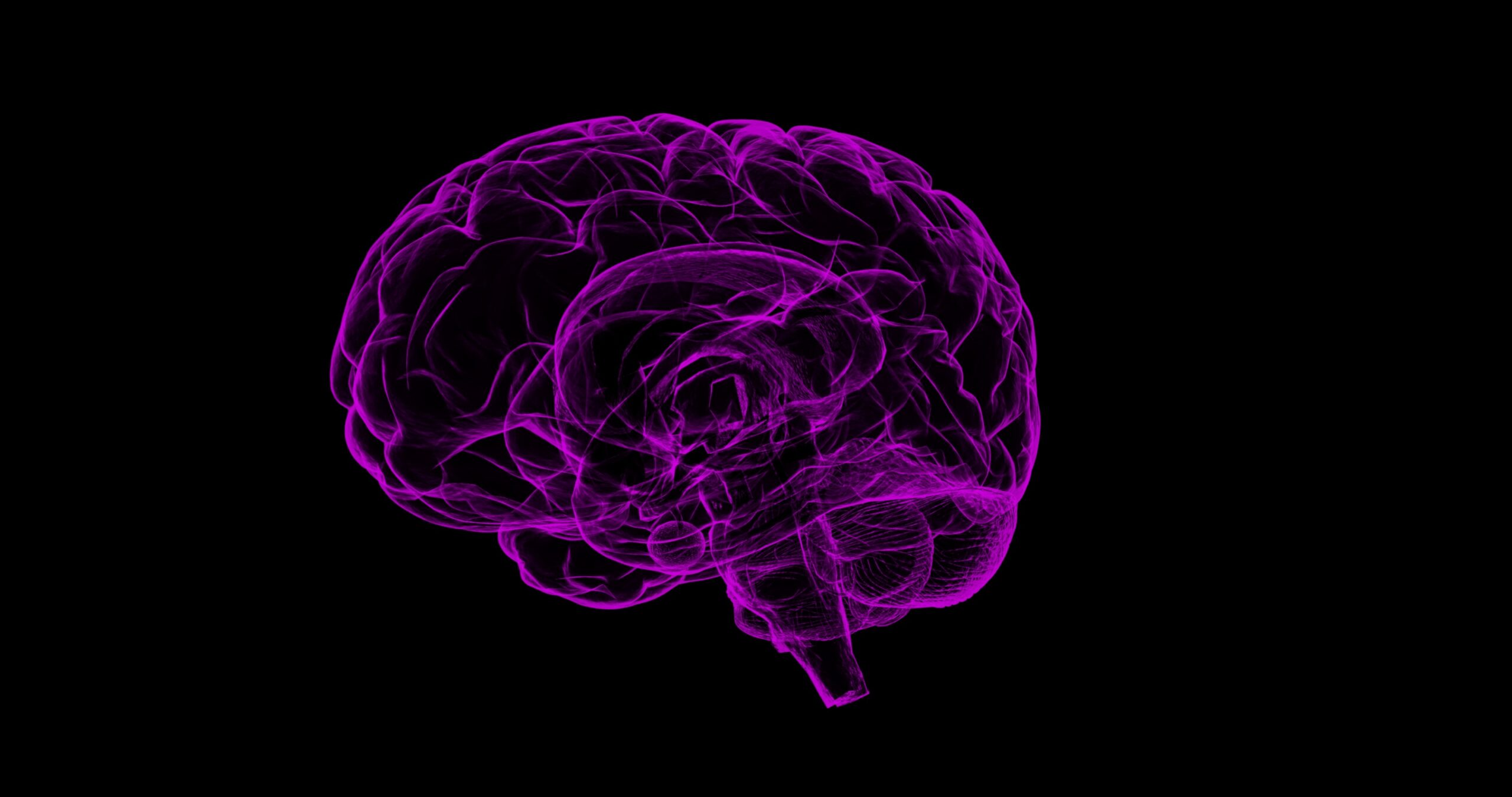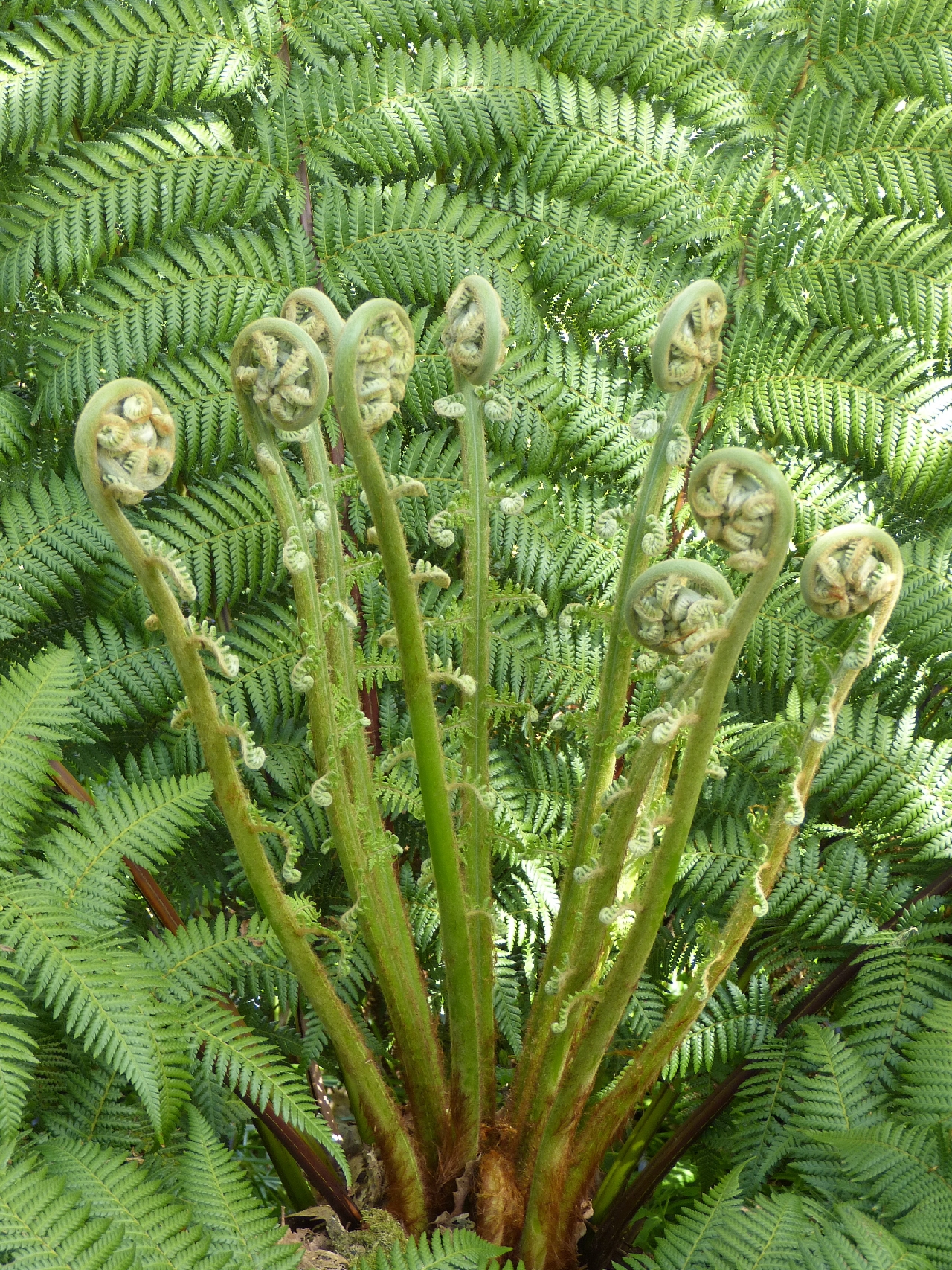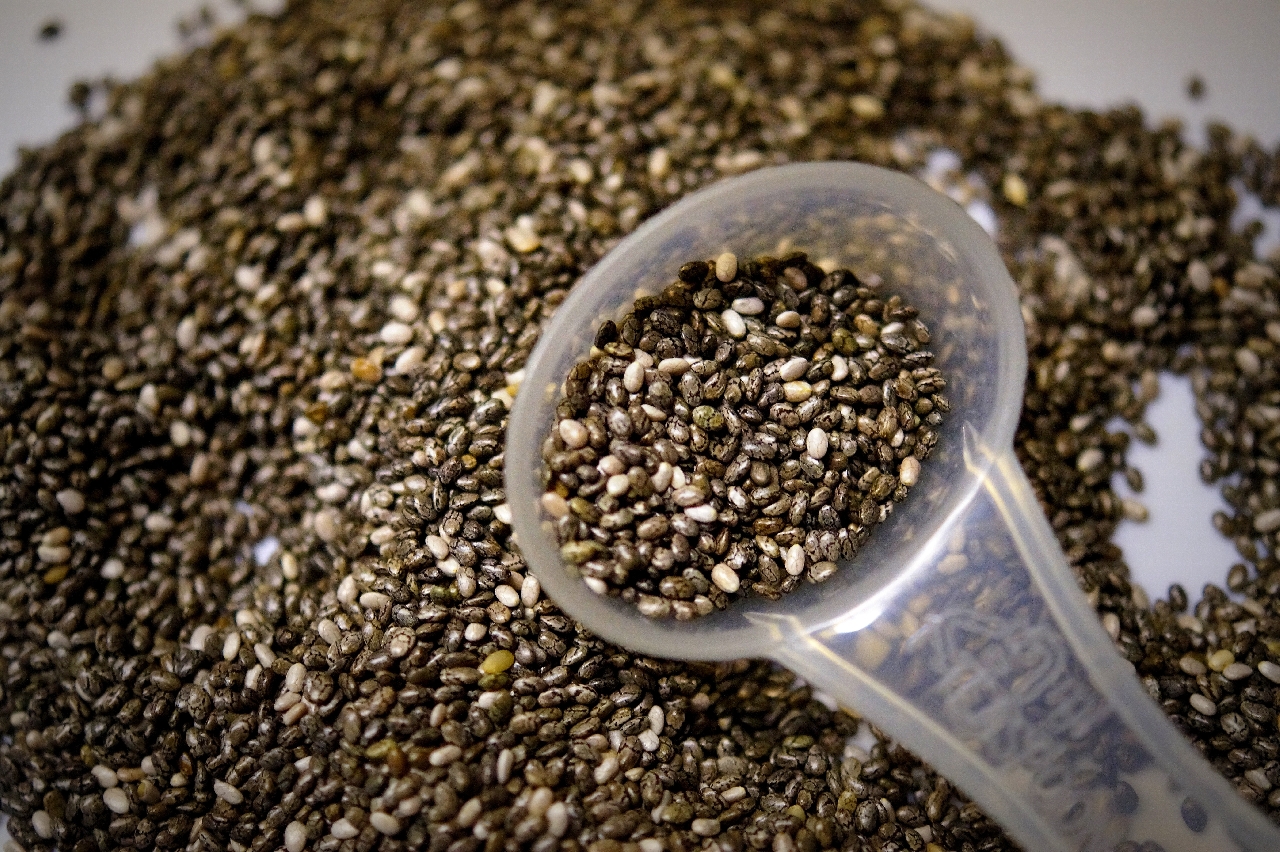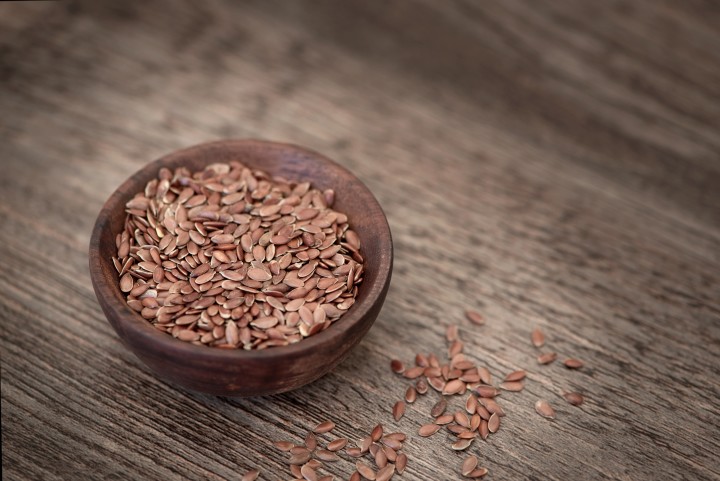THE HEALTH AND FITNESS BLOG
How to Improve Brain Health Naturally In Alzheimer’s Disease?
June 18, 2022 – By Dr. Haider Khalid
Alzheimer’s disease is a brain anomaly that involves degenerative damage to the brain. In this disease, brain cells begin to die, ultimately leading to a decline in brain function. Thus, the patients present with poor memory, defective mental capabilities, and altered behavior.

The scientific literature doesn’t tell much about the onset of the disease. Experts, however, relate the condition to the wasting effects of aging. In medicine, there is also no specific treatment for managing the patient. All the management approaches to Alzheimer’s disease focus on improving brain health to challenge degenerative changes.
Besides medicine, herbal remedies are also very effective in improving brain health. Moreover, other traditional techniques such as aroma therapy and lifestyle treatments are effective ways to manage such patients.
In this article, you will learn some fantastic facts about the effects of different herbal remedies on brain health in Alzheimer’s disease. Moreover, I will also briefly tell you some important non-medical ways to better manage the disease.
Here are the Herbal Remedies for Alzheimer’s Disease
Although herbs effectively improve brain health, these benefits come at the cost of some side effects. Some herbal products also interact with medications that you might be taking. Therefore, you must first get your doctor’s advice before using any herbal product.
Without further ado, let’s discuss some of the unique brain boosters that you can find in the form of herbs.
Gingko Biloba

The use of ginkgo Biloba has been a part of traditional Chinese medicine for over 1000 years. It has a long history of use in treating different mental conditions. It was introduced to Western medicine a few centuries ago. It has gained quite a popularity in the last two decades due to uprising research evidence showing positive results of its use on brain health.
As far as Alzheimer’s disease is concerned, ginkgo Biloba is an effective herbal remedy. In a recent clinical study in 2016, patients with Alzheimer’s disease showed improved brain capabilities after regular ginkgo Biloba products (1). There is also significant scientific data that supports the brain-boosting effects of this natural remedy.
According to a 2014 study, diagnosed patients get the most benefits from ginkgo Biloba (2). However, after dealing with two pieces of research, the question arises whether this herbal remedy has any effect on reducing the risk of Alzheimer’s disease.
In a large study, ginkgo Biloba showed no effect in reducing the risk of the disease (3). Therefore, the disease must have a genetic basis beyond the control of herbal remedies. However, more research is required in this field. Only then can experts develop a credible statement about it.
Serrate Clubmoss
Extracts of serrate clubmoss contains hurperzine A. It is a potent chemical that helps to improve brain health naturally in patients with Alzheimer’s disease. According to a clinical trial, consumption of huperzine A provides several benefits to the brain (4). Some of the important effects include,
- Improve mental faculties
- Enhance overall brain health status
- Augments brain functional capacities
- Improves mood and behavioral performance
However, more research is necessary before introducing this herb as the management protocol for Alzheimer’s patients.
Ginseng
Ginsengs are the roots of a particular type of plant related to the genus ginseng. These roots contain one specific type of chemical that helps improve the brain’s functioning. Its main effect is to reduce the degenerative changes leading to the disease’s progression (5). However, most of the research on ginseng show scarce and inconclusive effects. Therefore, more rigorous trials are needed.
Choto-San
Photo-san is a well-known herbal remedy in traditional medicine. It consists of a mixture of 11 different medicinal plants. The primary use of this mixture is the treatment of memory loss related to Alzheimer’s disease.
A study relates the consumption of choto-san with improved memory and learning (6). However, whether choto-san is effective for Alzheimer’s disease or only for dementia remains the least understood statement.
Kami-untan-to
Kami-untan-to is a Japanese herb that improves the functioning of nerves in the brain (7). This herb’s brain function-enhancing effect may prove helpful for patients with Alzheimer’s disease. But unfortunately, most research related to this herb is conducted on animals. Therefore, literature requires human studies to develop a confirmed statement about its use.
Other Ways to Improve Brain Health
Apart from herbal remedies, alternative medicine provides you with several other options that can help you in improving brain health in patients with Alzheimer’s disease.
Dietary Components
There are certain dietary options that you can adopt to improve brain health. Improved brain health can help you reduce your risk of developing brain diseases like Alzheimer’s.
Foods containing omega-three fatty acids such as nuts reduce brain damage and improve cognitive functions. In addition, according to an animal study, regular consumption of foods containing omega-three fatty acids enhance brain functioning (8).
Coconut oil is also helpful in patients with poor brain faculties. This is because it contains caprylic acid that breaks into a special protein after its ingestion into the body. According to a clinical study, people who consume coconut oil tend to be superior in their memory and brain function.

Aromatherapy
Aromatherapy includes smelling the scent of essential oils to enhance well-being. Oils of seeds related to different plants such as rosemary, orange, lemon, and lavender are important for making the scented oil for aromatherapy.
In research, patients who use aromatherapy as a part of their routine showed much better memory function and brain functional capacities.
REFERENCES
- Yang G, Wang Y, Sun J, Zhang K, Liu J. Ginkgo Biloba for Mild Cognitive Impairment and Alzheimer’s Disease: A Systematic Review and Meta-Analysis of Randomized Controlled Trials. Current Topics in Medicinal Chemistry [Internet]. 2015 Oct 22 [cited 2022 Jun 4];16(5):520–8. Available from: https://pubmed.ncbi.nlm.nih.gov/26268332/
- Canevelli M, Adali N, Kelaiditi E, Cantet C, Ousset P-J, Cesari M. Effects of Gingko biloba supplementation in Alzheimer’s disease patients receiving cholinesterase inhibitors: Data from the ICTUS study. Phytomedicine [Internet]. 2014 May [cited 2022 Jun 4];21(6):888–92. Available from: https://www.sciencedirect.com/science/article/pii/S0944711314000257
- Vellas B, Coley N, Ousset P-J, Berrut G, Dartigues J-F, Dubois B, et al. Long-term use of standardised Ginkgo biloba extract for the prevention of Alzheimer’s disease (GuidAge): a randomised placebo-controlled trial. The Lancet Neurology [Internet]. 2012 [cited 2022 Jun 4];11(10):851–9. Available from: https://www.ncbi.nlm.nih.gov/pubmed/22959217
- Li J, Wu HM, Zhou RL, Liu GJ, Dong BR. Huperzine A for Alzheimer’s disease. Wu HM, editor. Cochrane Database of Systematic Reviews [Internet]. 2008 Apr 23 [cited 2022 Jun 4]; Available from: https://pubmed.ncbi.nlm.nih.gov/18425924/
- Chen F, Eckman EA, Eckman CB, Chen F, Eckman EA, Eckman CB. Reductions in levels of the Alzheimer’s amyloid β peptide after oral administration of ginsenosides. The FASEB Journal [Internet]. 2006 Apr 24 [cited 2022 Jun 4];20(8):1269–71. Available from: https://pubmed.ncbi.nlm.nih.gov/16636099/
- Hayashi H, Tohda M, Watanabe H, Murakami Y, Matsumoto K. The Effects of Choto-san on the mRNA Expression of Alzheimer’s Disease Related Factors in the Permanent Ischemic Rat Brain. Biological and Pharmaceutical Bulletin [Internet]. 2005 [cited 2022 Jun 4];28(4):744–6. Available from: https://pubmed.ncbi.nlm.nih.gov/15802822/
- Arai H, Suzuki T, Sasaki H, Hanawa T, Toriizuka K, Yamada H. A New Interventional Strategy for Alzheimer’s Disease by Japanese Herbal Medicine. Nippon Ronen Igakkai Zasshi Japanese Journal of Geriatrics [Internet]. 2000 [cited 2022 Jun 4];37(3):212–5. Available from: https://pubmed.ncbi.nlm.nih.gov/10879069/
- Hooijmans CR, Pasker-de Jong PCM, de Vries RBM, Ritskes-Hoitinga M. The Effects of Long-Term Omega-3 Fatty Acid Supplementation on Cognition and Alzheimer’s Pathology in Animal Models of Alzheimer’s Disease: A Systematic Review and Meta-Analysis. Journal of Alzheimer’s Disease [Internet]. 2012 Jan 12 [cited 2022 Jun 4];28(1):191–209. Available from: https://pubmed.ncbi.nlm.nih.gov/22002791/
- Alternative Treatments [Internet]. Alzheimer’s Disease and Dementia. 2016 [cited 2022 Jun 4]. Available from: https://www.alz.org/alzheimers-dementia/treatments/alternative-treatments

Leave a Reply